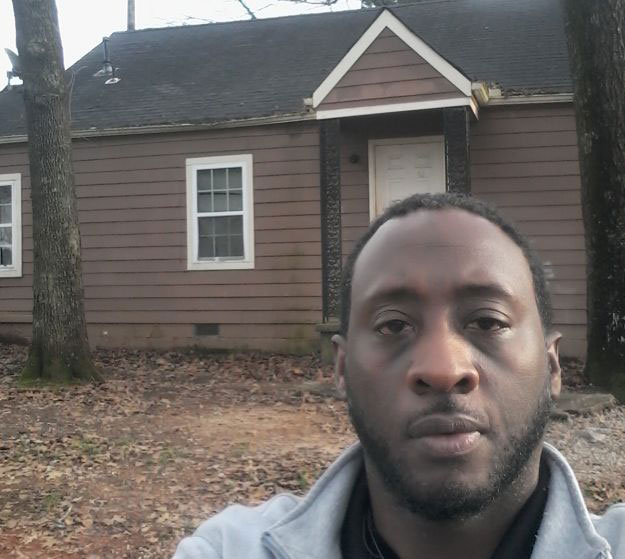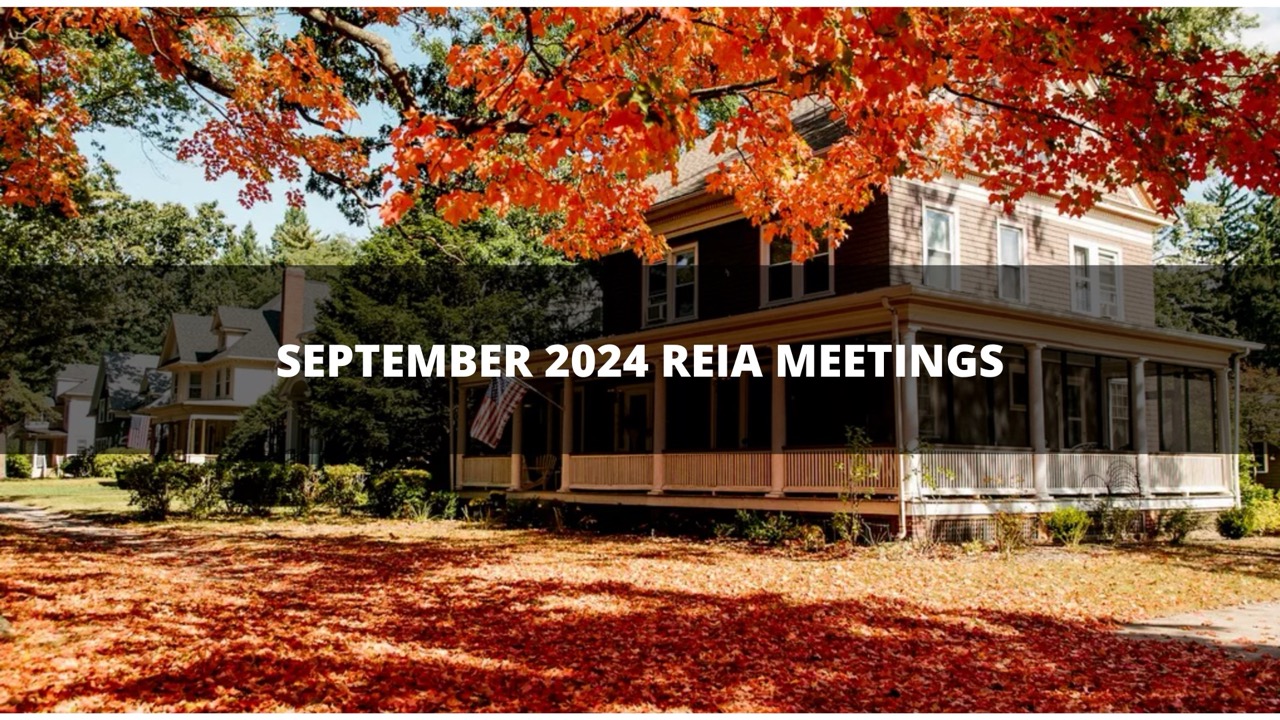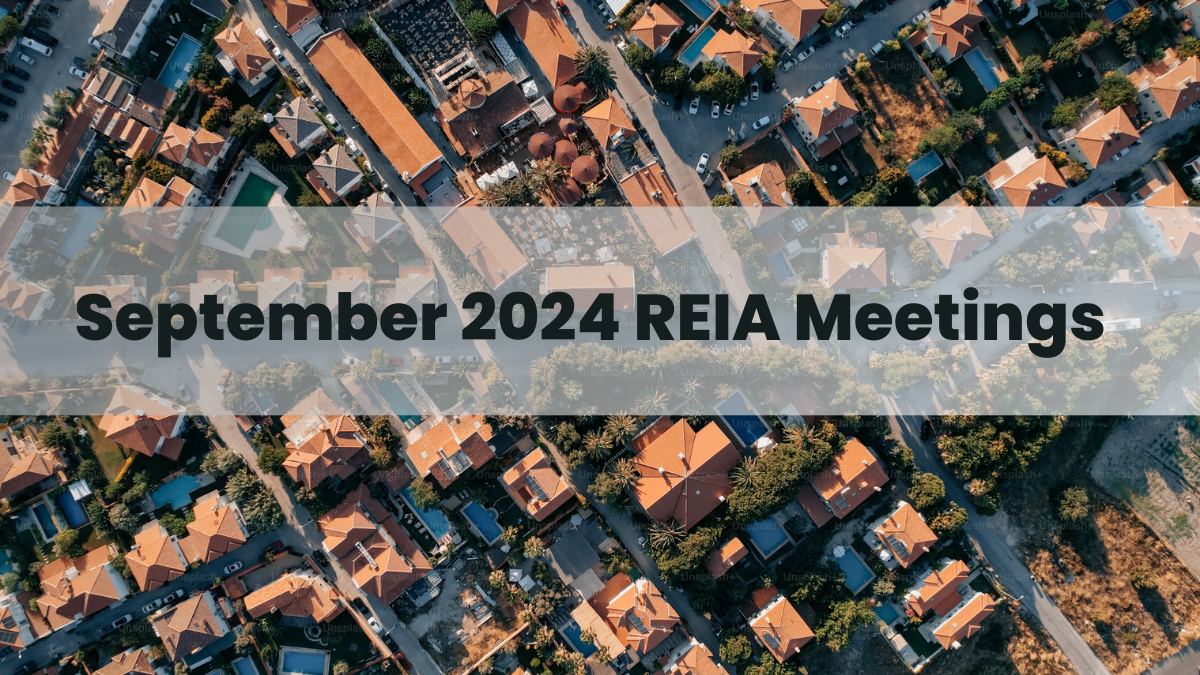Edwin Takes Financial Freedom Into His Own Hands
Edwin’s desire to create financial freedom led him down the path of real estate investing a couple years ago. Today, Edwin spends about 30 hours growing his real estate investing business when he’s not working his full-time job.
Driven to take control of his financial future, Edwin immersed himself in the real estate investing community. He’s a self-taught investor, but attends real estate investing meetings to stay connected.
Edwin uses his MyHouseDeals membership to find deals and reach out to lenders. He is also proactive about meeting people in the industry, from real estate agents to contractors, which helps him make potential deals a reality.
“Homework, homework, homework.” Edwin is a stickler for doing his homework to understand the area he invests in, to determine an accurate after repaired value (ARV) of a property, and to decide whether deals are worth the pursuit.
After Edwin locates a property, he is all too aware of the struggles that accompany finding a reliable and fair contractor. He gets 3 or 4 quotes on a project, stays focused on his plans for the repairs, and pays attention to how contractors act while on the job.
Listen to the interview or read the following to learn…
– How to work with real estate agents to determine the after repair value (ARV) for a property
– The advantages of hiring multiple contractors for the same rehab
– How to grow your business by attending real estate investing meetings
MyHouseDeals.com Success Stories
NOTE: Since Edwin is a Premium Elite member, he received a FULL refund of his upfront membership fee for simply doing a deal! Find out more about our Premium Elite membership here.
Check out Edwin’s full story here…
What is your investing background, what inspired you to invest in real estate, and how long you have been an investor?
My name is Edwin Mason. I’m in the Atlanta area. I’ve been doing real estate for the last 2 years. My first deal was last year. I’m currently on this project now that I just purchased as of last week. I want more financial freedom and I’m currently still working a 9 to 5 job and it’s getting old and I need to find something new. I want something more exciting, something that pretty much gets me going in the morning.
How many hours are you able to put into your investing activities each week and what do you focus on the most?
Each week I’m probably putting in around 30 hours. The main thing that I focus on is just the area, location, location, location, price, ARVs and making sure I have a good agent on the team.
How have you built up your education? Do you attend seminars? Are you a member of any local REI clubs?
When I started real estate I just did a whole lot of Googling and I just Googled until I started reading over the same stuff. Once you start hearing the same thing page after page and website after website there’s some truth to it, so I take note of what I read up on. I attend several real estate investment meetings and through those meetings you get more insight on investors, lenders, and just everything from contractors to more agents. You just get out there and one thing leads to another. You start networking, they have information that never stops. You just utilize it and just go with it.
Has networking played a key part in your success so far?
Yeah, networking is very crucial. Whether you like it or not, you need to know somebody who knows somebody, who knows somebody who has done it before or is interested in doing it just as much and as bad as you. And you guys can tag-team it and you just go from there.
Where do you meet different people in the industry?
It’s really just like a combination of the real estate meetings and through my agent. She gets you connected with contractors and contractors get you connected with more investors and real estate agents. They know investors who are willing to partner up and you just network with them and go from there.
What are your favorite MyHouseDeals features and how are you using the website as a resource?
It basically gives up-to-date investment properties that are on the market and gives an opportunity to learn numbers like repairs needed for the property. And it is also helpful because it gives you an opportunity to call lenders who are willing to lend money to fund any deals of properties that you may have in mind. It just goes from there, it’s just so much information on that website. It’s interesting to know and see how many properties are actually out there.
What type of work are you going to do on this property?
I’m going to fix it up, rehab it and put it back on the market and sell it within the next 6 weeks hopefully.
What was the purchase price? How much are you going to put into repairs? How much do you think the ARV will be?
I bought the property for $69,000. The repairs are going to be about $40,000 and the ARV is anywhere between $160,000-$170,000, but the more accurate number is probably $165,000.
How are you able to find and keep good and reliable contractors?
Basically, you need to have your mind made up on how you really want your property done because I’ve noticed in my experience a lot of contractors will kind of tell you what you could do. You really want to be strong-minded in knowing what it is that you want out of the property. They either can do it for you or they can’t. They will give you an estimate and sometimes it’s either going to be too high or it’s going to be too low but, it’s a challenge. That’s probably one of the most challenging parts of real estate investing and flipping homes is finding a good contractor. Personally, I like to have options so I will get probably about 3 or 4 quotes. I will use one for one specific task within the project and use another for another specific task. I will get a good sense or feel of how their work ethic.
And how enthusiastic they are about their job, I don’t want them griping all the time. I don’t want them complaining all the time. I don’t want to see them have negative attitudes all the time. I have so much on my mind, the last thing I need to do is deal with a contractor who’s grumpy and just has issues every 5 minutes. Just interview them, have a set of interviewing questions, and they’ll be able to let you know from there. A lot of them need to be licensed. They just pretty much need to have their stuff together.
How do you go about verifying the after repair value (ARV) and the cost of repairs?
I really do my own homework. I’ll begin this with an agent. She’ll let me know if the area is a good area, what the ARV is, etc. Not only that, but I also do my own research. I get on the website and I just Google the area and Google the prices of the homes in the area and just see what my spread is at. At the end of the day you just have to have confidence in yourself to know that the least you could get would be this and the most you could get will possibly be this. And that accounts for how much you want to put into the house. Depending on how much you put into the house, it’s going to raise the value of the home, so you use that to your advantage to get to the ARV that you want.
Having a good real estate agent on your team is beneficial to getting a good ARV value for your property, correct?
You have to be mindful of the type of agent that you’re working with. They could even tell you, “Yeah, yeah, yeah this is a great sale. The area’s great yeah, yeah, yeah, the ARV is great,” but that’s where you have to do your own homework to make sure you are getting the agent that’s right for you. You want to make sure that you look at the area, you want to look at homes that were recently sold. You want to look at the property value of the whole area so you can get a good feel of whether or not she is or he is telling you the proper information. Again, you’ll know if you have a good agent based on information that they provide and based on the homework that you do yourself.
When you first started investing about 2 years ago, what funding sources did you use and are you still using those same funding sources now?
When I did my first real estate deal, I used all cash. Some people say you’re either going to sink or swim, I was willing to take that chance. I had enough saved up when I said, “Okay let me start with a small property.” I used my own cash I paid $16,000 for it and it was a 1920s home. I put $40,000 into it, actually I put $35,000 into it and I ended up selling it for about $95,000. From there I had some more capital to work with. They always say try to use other people’s money so that’s when I started venturing out to lenders and started exploring hard money lenders and private money lenders.
If you could give yourself advice that you wish you knew when you first started, what would that advice be?
Believe in yourself. That would be the most important thing I’ll ever tell anybody getting into this type of arena. Make sure you believe in yourself. You’re going to have people who shake their head. You’re going to have people who are not going to be too sure about it, but you just have to believe in yourself and stay focused and that’s what I did. That’s what I’m still doing.
I don’t know how to emphasize it anymore, but you just have to believe in yourself. You’re either going to fail or you’re going to make it. You have to always in the back of your mind know that you gave it your best effort and you just have to keep on trying. Be smart, think about your decisions. Homework, homework, homework, do your homework. Do a lot of homework.





